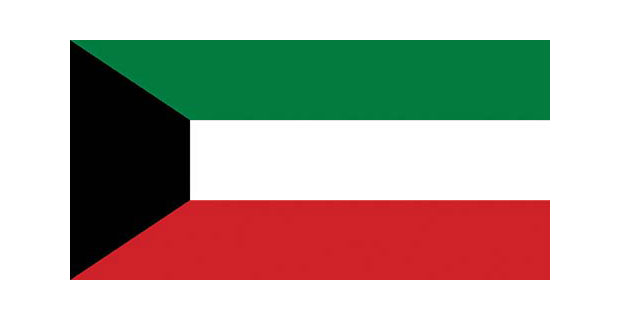INDO-KUWAIT RELATIONS AFTER PM MODI’S VICTORY AT 2019 ELECTIONS
The Emirof Kuwait HH Sheikh Sabah Al-Ahmed Al-Jaber Al-Sabah and H.H. The Prime Minister Sheikh ...
The Emirof Kuwait HH Sheikh Sabah Al-Ahmed Al-Jaber Al-Sabah and H.H. The Prime Minister Sheikh Jaber Mubarak Al-Hamad Al-Sabah were amongst the first leaders to congratulate Prime Minister of India Mr. Narendra Modi for his re-election on May 24, 2019. Earlier in 2017 during the private visit of HH the Emir of Kuwait to India, an invitation was extended to the honorable Prime Minister of India to visit the State of Kuwait. Kuwait is an important trading partner of India with a total volume of US$ 6 billion in 2016-2017. Kuwait Investment Authority (KIA) has also invested US$ 5 billion in various sectors of the economy. The State of Kuwait was also the seventh largest crude supplier to India in 2016-17. There is a lot of trade and investment opportunities between the two countries to be enhanced further.
Kuwait’s global profile and importance has increased after it became a non-permanent member of United Nations Security Council during 2018-19. It also chaired the Security Council for the third time in its history on June 1, 2019. Recently, in June 2019, UN Security Council adopted its first ever resolution 2474 (2019) proposed by the State of Kuwait on persons reported missing during armed conflicts and aimed at sparing civilians. The Council called upon parties to armed conflict to take all appropriate measures, to actively search for persons reported missing, to enable the return of their remains and to account for persons reported missing “without adverse distinction”. Kuwait’s contribution in promoting regional stability has come in for high praise from International bodies. In April 2019, the World Bank honored his Highness Sheikh Sabah Al-Ahmed Al-Jaber Al-Sahab, the Emir of the State of Kuwait, for his exemplary role in supporting social and economic development at the global level and appreciated His Highness’s vital role in supporting the stability of countries in the Middle East and North Africa through its direct financing, as well as its contribution through the Kuwait Fund for Arab Economic Development and to other Arab funds.











Comments.